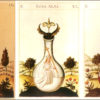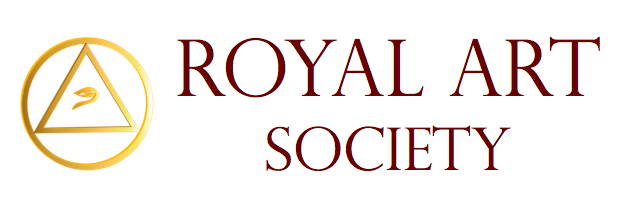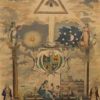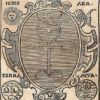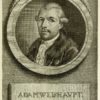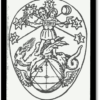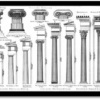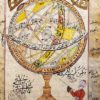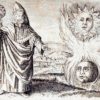Three “Secret Societies” The International Encyclopedia of Secret Societies and Fraternal Orders[1] describes a secret society as an exclusive organization that acts in its own special interest in favor of its members. This is a pretty broad definition. Of course, secret societies form for various purposes, including collegiate fraternalism, politics, religion and […]
